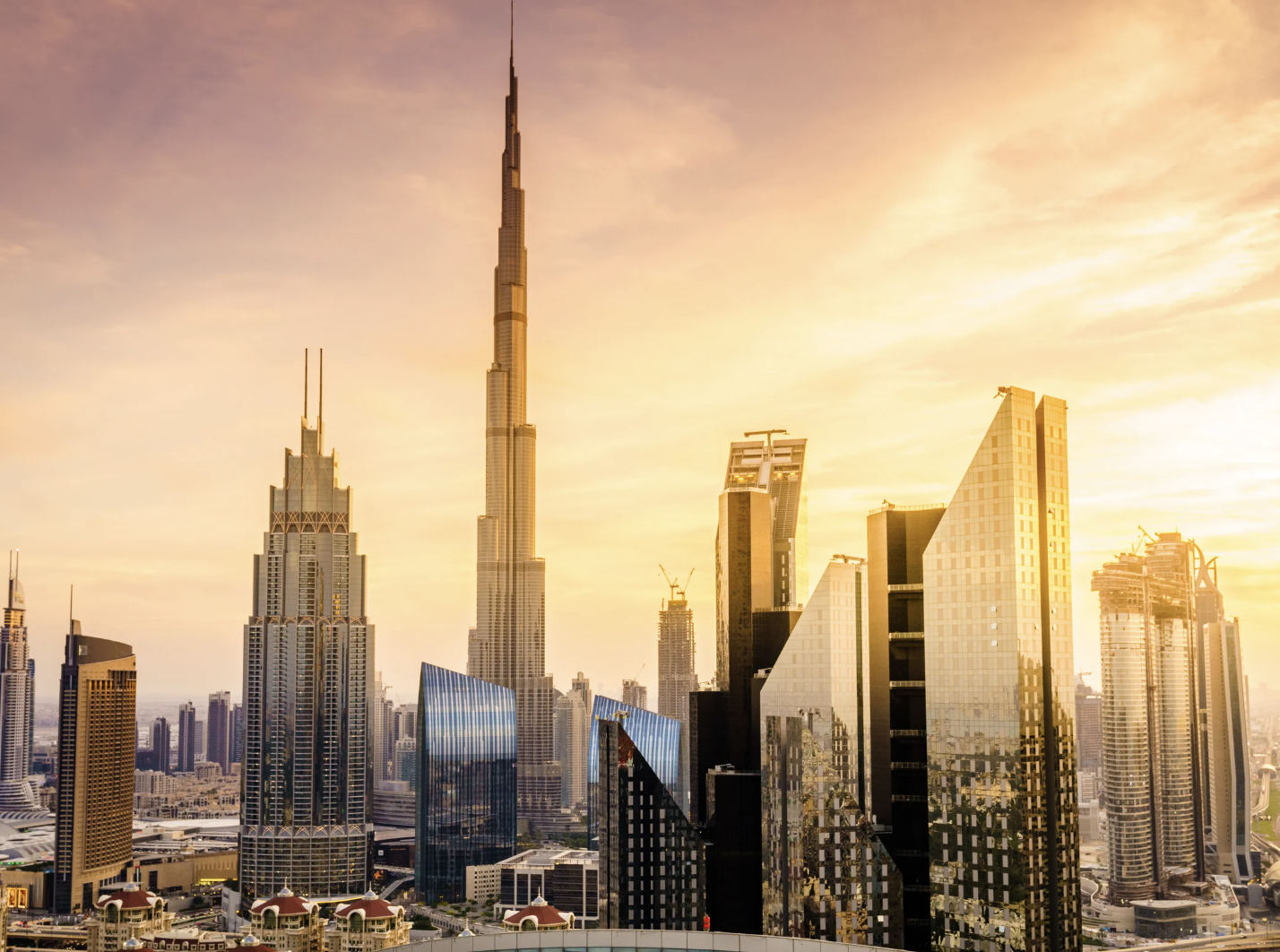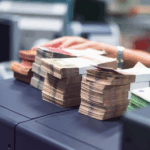Dubai’s inflation rate slowed to 3.32% in July, its lowest so far this year, despite high housing costs in the emirate.
Housing, utilities, and fuels, which account for over 40% of the consumer price index, rose 6.76% year-on-year in July, the highest increase this year, according to the latest data from Dubai Statistics Centre.
Transport prices in July also rose by 0.18% annually, compared with a 3.32% increase in June.
“As oil prices have dropped on average in August compared with July, transport may again be a drag on inflation in subsequent estimates. On a monthly basis, the CPI index fell by 0.1% month-on-month,” Emirates NBD said in a research note.
Prices of restaurants and accommodation services fell by 0.31% annually in July, compared to a rise of 0.79% in June, according to Dubai Statistics Centre data. Prices of recreation, sports, and culture, as well as information and communication, also fell.
The prices of furnishings, household equipment, and routine household maintenance rose 0.35% last month, compared to a rise of 0.68% in June.
Food and beverage prices increased 2.46% annually compared to 2.35% in June, while tobacco prices dropped. Education prices recorded an annual increase of 3.7% and remained unchanged from the previous month.
Dubai’s property market has been booming in recent years, driven by government initiatives such as residency permits for retired and remote workers and the expansion of the 10-year golden visa programme. Overall growth in the UAE’s economy due to diversification efforts is also supporting the property market.
Both rents and property prices increased in the emirate during the second quarter, according to the latest report from Asteco. Apartment and villa rental rates increased by 3% and 2%, respectively, during the period, while average property prices rose 2%.
The surge in global wealth creation has significantly affected the Dubai real estate market. As affluent people seek to diversify and secure their assets amid geopolitical volatility, Dubai has emerged as a prime destination, according to real estate broker Betterhomes.
The latest data from the Dubai Statistics Centre comes as the emirate’s economy continues to grow amid diversification efforts. Dubai’s economy grew by 3.2% annually in the first quarter of 2024, with Dh115 billion ($31.3 billion) added to the emirate’s gross domestic product during the period, driven by the expansion of the transport and storage sector, as well as the financial and insurance industry.
The growth continues the momentum from last year when the emirate’s economy grew by 3.3% annually to Dh429 billion, the government said last month.
Inflation in the UAE declined to 1.6% last year from 4.8% in 2022, on the back of lower energy prices, which led to a decline in transportation prices of 5.6% during the period, according to the UAE Central Bank report in June.





